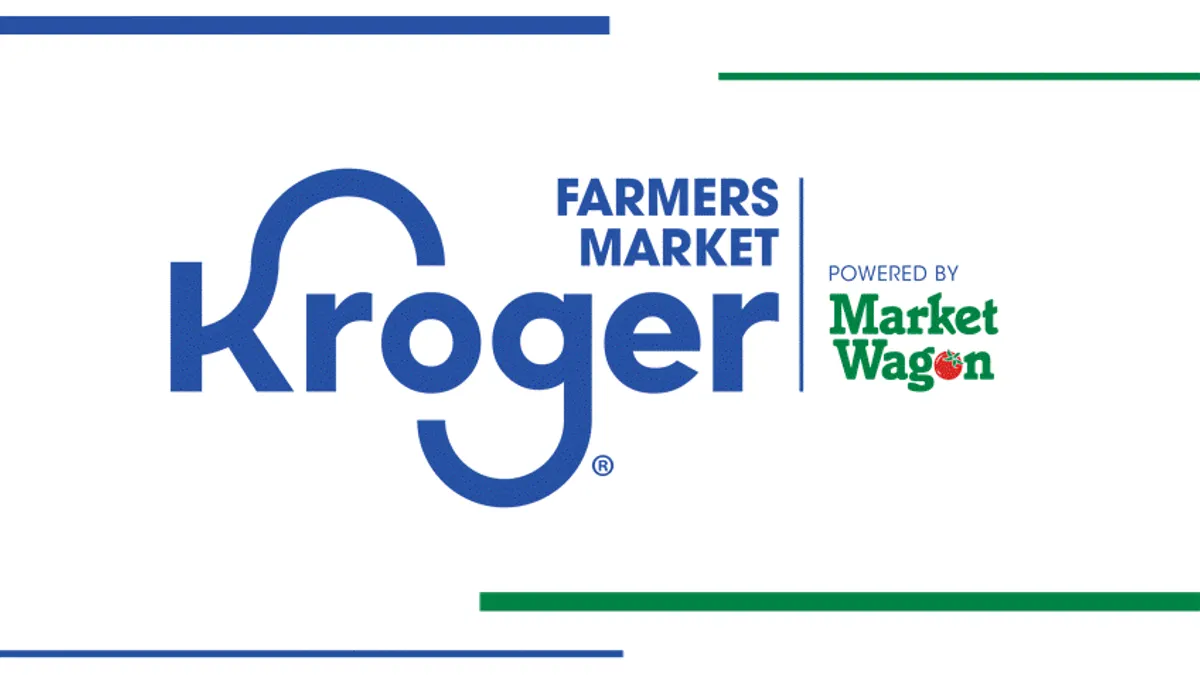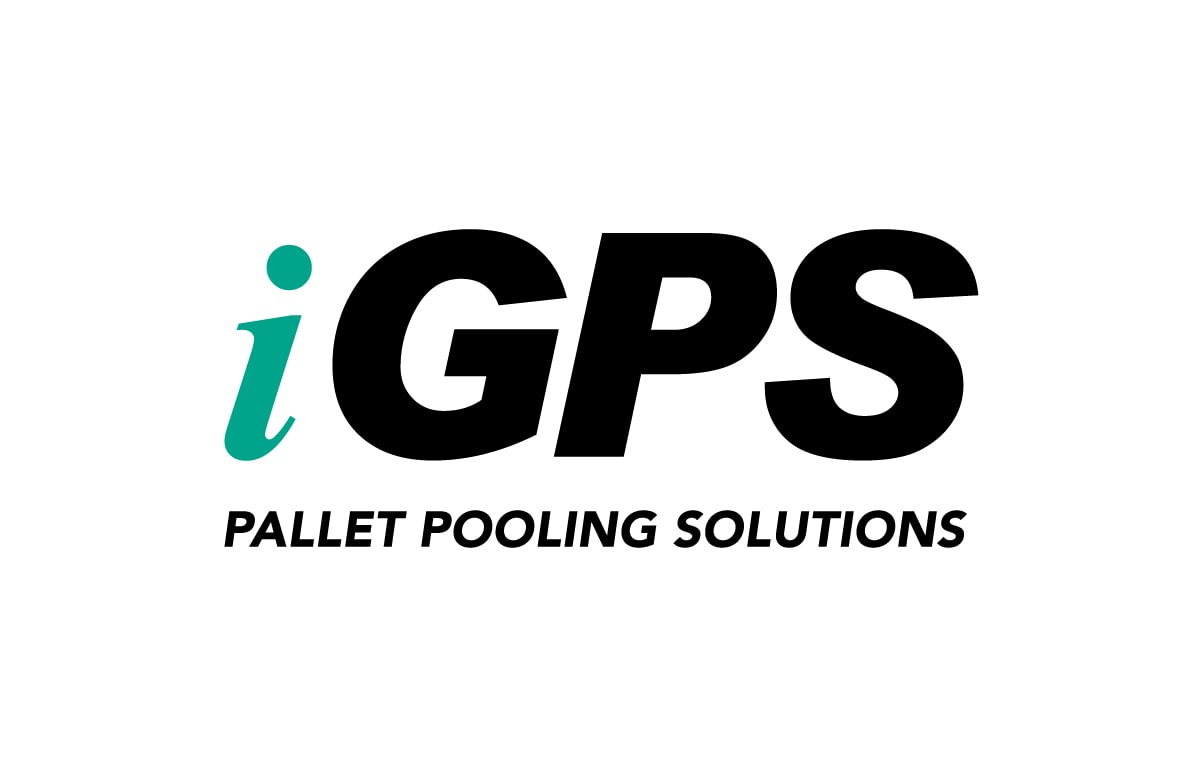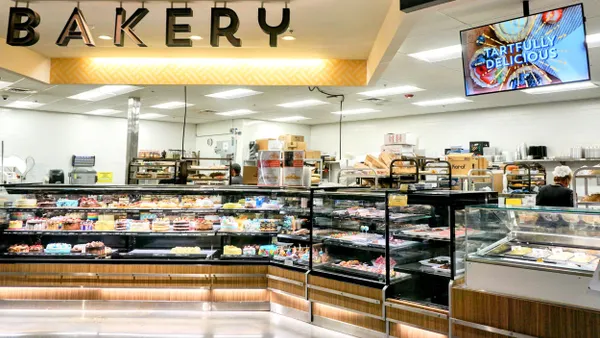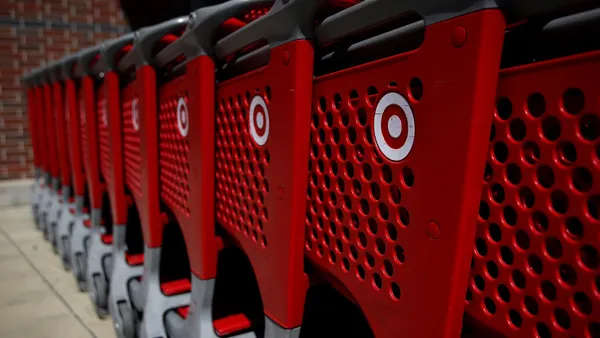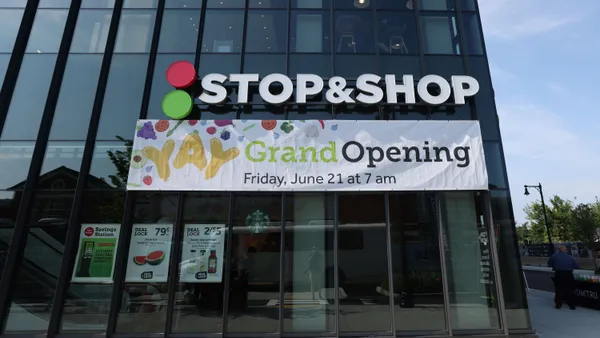Dive Brief:
- Kroger has expanded its digital farmers market pilot partnership with Market Wagon, an online ordering and delivery service for items from local farmers and artisan food producers, to two more markets, Market Wagon co-founder and CEO Nick Carter said in an interview.
- Called Kroger Farmers Market, the pilot expansion to the Knoxville, Tennessee, and Columbus, Ohio, areas last month follows a test in the Atlanta metropolitan area that began last June.
- The digital farmers market concept is the latest effort by Kroger to expand its e-commerce presence while also addressing consumer desires for easier access to niche products that are often harder to find.
Dive Insight:
The pilot allows customers to place orders for a consolidated, scheduled delivery consisting of items from multiple local vendors, leveraging Market Wagon’s supply chain infrastructure.
The idea for the Kroger tie-up came from one of Market Wagon’s advisors, who had formerly worked at Kroger and suggested the two companies talk about collaborating, Carter said.
The Kroger Farmer Market e-commerce marketplace launched last summer to sell more than 1,150 items from local producers to customers within a 60-mile radius across 28 counties in the Atlanta metropolitan area. That test has shown that loyal Kroger customers are making repeat purchases through the Market Wagon pilot with the grocer, Carter said.
The pilot expansion areas were picked partly due to their different market sizes, allowing Market Wagon and Kroger to determine the success of a digital farmers market concept across small, medium and large metropolitan areas, Carter said.
The Kroger pilot launched in the Knoxville area at the start of January, followed by the Columbus area last week, according to a Market Wagon blog post. In Columbus, the service is offering more than 1,400 products from more than 75 vendors to 2.4 million people across 14 counties. In Knoxville, the service offers more than 950 products from more than 60 vendors, according to Knox News.
All three pilot locations are areas Market Wagon had already established supply chain operations as part of the more than 30 markets across the U.S. it services, Carter said.
Market Wagon was started in 2016 by Carter, who grew up on a farm, worked as a tech entrepreneur in the food industry and become a farmer himself, and logistics expert Dan Brunner. Over the years, Market Wagon has become an online marketplace for more than 60,000 customers to shop local farmers and artisans.
“We have a really unique grocery offering that complements — it doesn’t compete with — large grocers, like Kroger,” Carter said, noting that Market Wagon is providing differentiated products that are harder or impossible to find in supermarkets that customers care enough about to order separately.
The Atlanta basket size with Kroger is typically around $65-$70 — about the same as Market Wagon has seen in its other markets and lower than a usual grocery shopping basket, which indicates Market Wagon’s assortment is supplemental, Carter said.
Supermarket supply chains rely on uniformity and consistency across attributes like size, color and quantity, but local and niche suppliers don’t have the same rigid expectations, Carter said. Smaller vendors also often aren’t impacted by the national and international supply chain issues that can lead to higher prices or out-of-stocks with larger brands, he noted.
While the avian flu is causing high prices and out-of-stocks with eggs in traditional supermarket aisles, “I have 400 hens and we’ve got three acres of produce and my costs haven’t gone up,” Carter said, noting his eggs have been selling out.
Kroger has still made efforts to boost its support of local and small brands, including hosting a Go Fresh & Local Supplier Accelerator last year and in 2021. Other major grocers, including Sprouts Farmers Market, Whole Foods Market and Schnuck Markets, have also dialed up their local sourcing in recent years.
In the future, Carter is hopeful the pilot can not only potentially expand into new markets for Market Wagon but also serve as a “developmental funnel” to help local vendors who want to scale to connect with Kroger’s buying teams. “Increasing the market access for small local farmers is why we do what we do,” he said.
Correction: The article earlier misstated how Kroger and Market Wagon began discussing a partnership. A current Market Wagon advisor, who used to work for Kroger, suggested the two companies talk.



